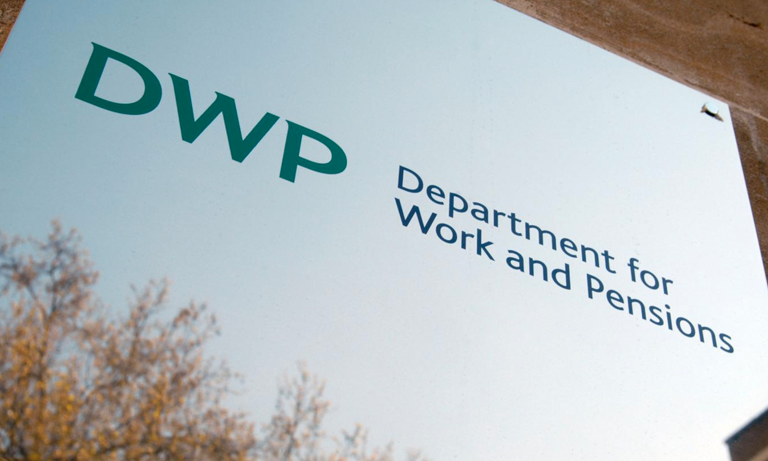 This is a rise of 415,000 compared to last year’s figures
This is a rise of 415,000 compared to last year’s figuresThe announcement confirms that some smaller jobcentres will merge with larger ones, and others will be co-located with local government premises.
It will mean that the Department for Work and Pensions (DWP) will be able to offer a more efficient service, while delivering good value for the taxpayer and saving over £140 million a year for the next 10 years.
The support provided to jobseekers will be further strengthened this year as more work coaches are recruited in every nation and region of the UK.
The plans reflect the fact that eight out of ten claims for Jobseeker’s Allowance and 99% of applications for Universal Credit full service claims are now made online. This means that DWP buildings are used much less with 20% of the estate currently underutilised.
Jobcentres and benefit centres are covered by Public Finance Initiative (PFI) contracts which are now coming to an end. In the 20 years since these contracts were signed, the welfare system has undergone large-scale reform.
Since 2010, around 3 million more people are in work, youth unemployment has fallen by 375,000, the employment rate is at a record high and unemployment is at the lowest level since 1975.
Damian Hinds, Minster for Employment said:
“We will always make sure that people have the support they need to get into and progress within work.
“These changes reflect the fact that more people access their benefits online resulting in many of our buildings being underused.
“We’re merging some offices and locating other jobcentres with local authorities to make sure that the welfare state and our employment support works for those who need it and those who pay for it.”
Announcements confirm that DWP plan to:
- Merge 68 smaller jobcentres into larger or underused ones nearby
- Move 4 jobcentres to new sites where we have secured better new premises
- Co-locate around an additional 40 jobcentres with local authorities or other community services to provide joined-up services for the local community with all services in one place
- Move to a network of larger more efficient corporate and back office buildings, opening a new corporate site and 5 new large service centres across the country, in a phased approach starting in 2018 and closing 26 processing or corporate sites
- Close 4 offices where the building is no longer used and standing empty
- Retain almost 800 offices
- Re-organise the corporate centre to make maximum use of 7 regional corporate hubs (in 6 cities), including establishing a new office in central Manchester
The planned changes have been made in consultation with staff taking into account the impact on benefit claimants and DWP staff. The majority of staff will remain in their current offices.
Where staff need to move office, most moves are within a short distance but if this is not the case alternative job roles will be offered wherever possible.
Recruiters love this COMPLETE set of Accredited Recruitment & HR Training – View Training Brochure








